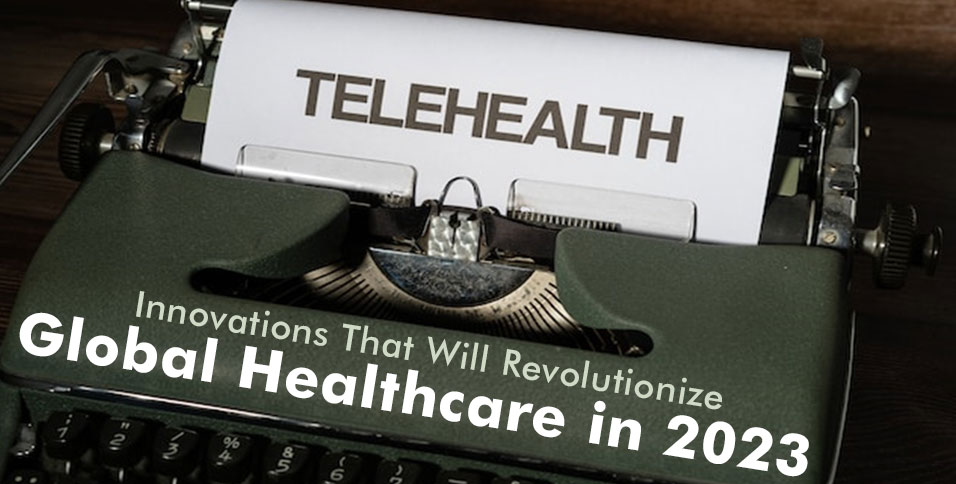The healthcare sector is undergoing a serious metamorphosis due to the widely spread technology innovations. 2023 bears significant promises for global healthcare, allowing medical professionals to make complex decisions almost instantly. Also, numerous patterns and paths are emerging that may reduce variability and create more clarity. Here are some tech innovations revolutionizing the global healthcare industry.
1. Connected digital health care
Remote-connected healthcare care has enabled virtual patient-doctor interactions for better insights and medical solutions. Digital healthcare innovations are primarily suitable for people with chronic health issues like COPD, diabetes, or early-stage cancer.
Remote monitoring can leverage wearables, sensors, applications, and other complementary digital tools to record and transmit patient data to a healthcare institution. The application can generate alerts to notify the healthcare provider about the patient’s condition. For instance, if the condition worsens or the patient requires emergency assistance, the application can notify the experts.
Typically, remote health monitoring is crucial in the Internet of Health. And with the ongoing wide adoption, healthcare institutions will monitor more patients and increase access to healthcare. This is crucial in areas experiencing healthcare staff shortages since remote monitoring can minimize the need to meet a doctor physically.
2. Artificial intelligence in healthcare
Algorithms and ML have taken the finance and healthcare sectors by storm. In finance, they are used to issue online title loans, while in the medical field, the models are used in identifying, diagnosing, and treating complex diseases. Typically, this innovation is among the most significant revolutions in the healthcare industry. Artificial Intelligence can make early detections and provide accurate diagnoses for illnesses that could be otherwise undetectable using traditional means. For example, AI helps doctors review mammograms 30 times faster, ensuring 100% accuracy.
In addition, an advanced deep-learning program enables early detection of lung cancer. While the solution is in its infant stages, it’s still more effective than conventional means and is set to advance in capability and reduce cancer mortality rates.
3. Gene editing
CRISPR gene-editing innovation can change how diseases are treated and eliminated. Typically, it can transform the effects of high-mortality diseases like HIV and cancer in a few years. This technology leverages the natural mechanisms of viruses and trimming diseased DNA strands. Since CRISPR can alter normal cell mutations, it can transform how diseases like sickle cell and cystic fibrosis are treated. Experts still need to address the widespread ethical concern around its applications. While some applications are widely accepted, others, like genome change in children, are contentious.
4. 3D printing technology
The application of 3D technology in healthcare is growing as more hospitals adopt 3D models. 3D printing technology creates dental implants, custom prosthetics, and replacement joints. In addition, advanced research is ongoing to print organs like kidneys, hearts, and skin tissues. This innovation can enhance treatment and rehabilitation. It also minimizes the timeframe for certain procedures. For instance, it reduces the average production time frames for hearing aids from seven days to a day.
Endnote
Healthcare and medical tech innovations are taking over the industry, and the trend isn’t dying off any time soon –it’ll only get stronger. Regardless, healthcare leaders and regulatory bodies must deal with regulations, affordability, and staffing. The current innovative approaches that engage patients beyond the clinical setting can fast-track the adoption process.
Also Read: Inflation and Its Impact on the Healthcare Sector















